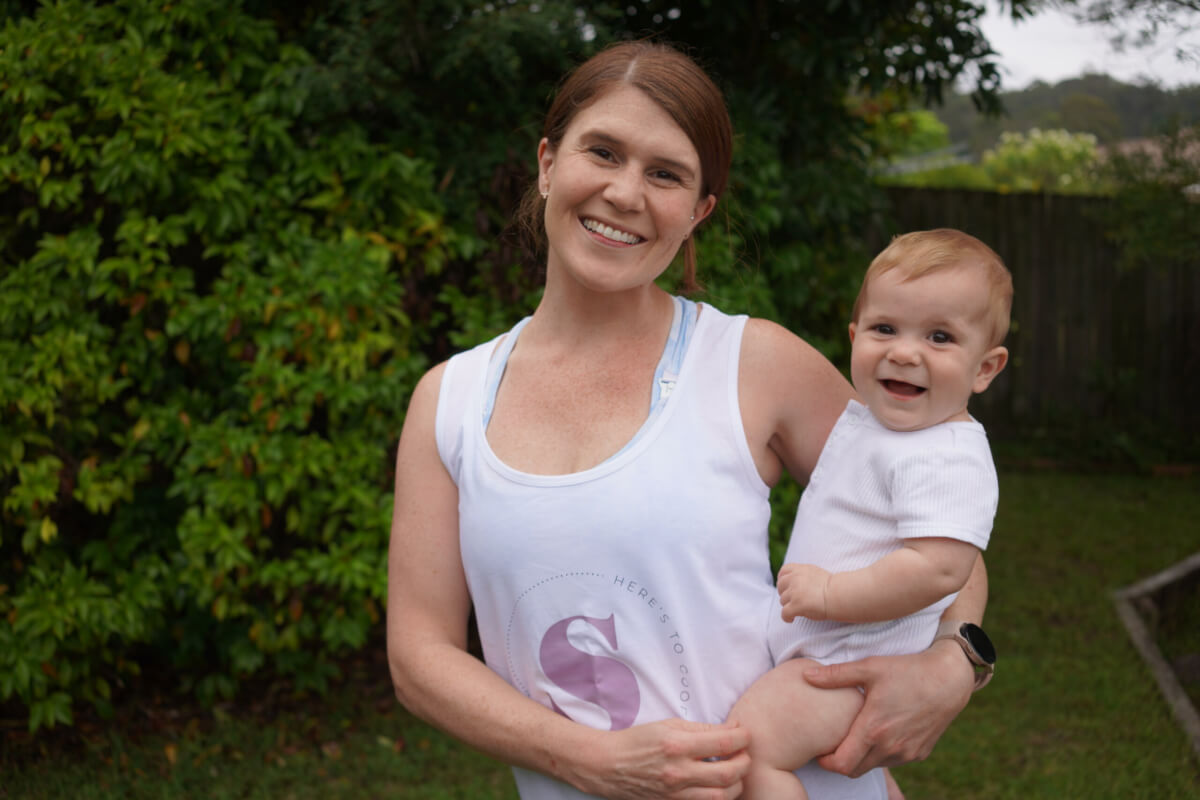Endometriosis Awareness

Who has Endometriosis?
More than 11% of Australian women, girls and gender diverse individuals experience endometriosis at some time in their life with most symptoms appearing in the teenage years. This equates to more than 830 000 people so I’d hazard a guess that you likely know someone who suffers from endometriosis.
The pain is unbearable
My friend Sam is hunched over with tears in her eye. Sam is a ‘regular’ patient to the emergency department due to her uncontrollable chronic endometriosis pain. Sam is a pseudonym but could easily be someone you know!
What is Endometriosis?
It is an inflammatory condition where cells that are like those found in the lining of the uterus are found elsewhere in the body but they should only be found in the uterus. As a result of these endometriosis lesions, the sufferer experiences pain as the body responds to these cells.
What are the Symptoms?
You may have endometriosis but experience no symptoms. However, the most common symptom of endometriosis is pain. This pain ranges from mild inconvenient pain to severe, debilitating pain. My friend Sam, and others like her, will require strong painkillers to manage their pain and subsequent hospital stays to attempt to manage their experience of endometriosis.
Symptoms are varied and may also include
- Excessive cramping at menstruation
- Abnormal or heavy bleeding
- Painful sex
- Fatigue or low energy
- Pain with bowel motions or passing urine during menstruation
At this stage, experts do not understand how to prevent endometriosis.
Diagnosis is also tricky and the pain can be extreme.
Can you have other conditions too?
Differential diagnoses that are often considered for women experiencing gastrointestinal (GI) symptoms along with their symptoms of endometriosis include irritable bowel syndrome (IBS) and small intestinal bacterial overgrowth (SIBO). Some research is suggestive that awareness of individual gut health can contribute to an improved experience with endometriosis. For example, if an individual embraces a low FODMAP diet, often used to improve GI symptoms, symptoms of endometriosis are lessened. This is believed to be a dietary intake where the GI system doesn’t work as hard to break down our food into usable nutrients. In addition to embracing a low FODMAP diet, low nickel diets have been found to improve GI and gynaecological symptoms.
At Mumsafe we obviously have a focus on the pregnancy and postpartum phases and we want to acknowledge that throughout these periods women can experience a variety of ‘normal’ physiological GI symptoms from reflux to constipation. We firmly believe that keeping active and being mindful of moving the body in safe ways with your Mumsafe trainer will only benefit those experiencing both endometriosis or general GI symptoms.
How is it diagnosed?
Unfortunately there is a massive delay in onset of symptoms to diagnosis. It takes on average 6.5 years for a diagnoses. This is likely attributed to the extreme range of nonspecific symptoms a person might experience. The journey to diagnosis may involve many visits to a variety of medical professionals to land on the final diagnosis of endometriosis. The gold standard of diagnostics is biopsy via laparoscopy, a surgical procedure to obtain a sample of the endometriosis lesion.
Many women with endometriosis can experience difficulty getting pregnant. However, many women diagnosed with endometriosis can also go on to have normal pregnancies and birth healthy babies.
How do we treat it?
- Medication for pain relief and hormonal medications to reduce endometriosis growth
- Surgical procedures to remove endometriosis lesions
- Allied treatments like physiotherapy, psychology, alternative medicine etc
- Physical exercise has benefits from improved mood, improved quality of life & improved experience of their endometriosis.
Why are we talking about it?
March is Endometriosis Awareness month – dedicated to raising awareness around the causes, types, symptoms and treatment of Endometriosis. As we discovered, this condition is common and yet very poorly understood which inevitably creates frustration and the incidence of depression for those, like Sam, living with pain.
I feel it is important for us all to acknowledge Endometriosis Awareness month and I encourage you to reflect upon who in your life is living with the disease and how we can keep this conversation going to ensure those people feel they are not suffering alone.
Additional resources to help those living with endometriosis are found at the Endometriosis Australia website.
References:
https://endometriosis.org/
https://www.endometriosisaustralia.org/
https://www.hopkinsmedicine.org/health/conditions-and-diseases/endometriosis
https://www.thewomens.org.au/health-information/periods/endometriosis/about-endometriosis/
AIHW – https://www.aihw.gov.au/getmedia/a4ba101d-cd6d-4567-a44f-f825047187b8/aihw-phe-247.pdf.aspx?inline=true
https://www.healthdirect.gov.au/low-fodmap-diets
Borghini, R., Porpora, M. G., Casale, R., Marino, M., Palmieri, E., Greco, N., Donato, G., & Picarelli, A. (2020). Irritable Bowel Syndrome-Like Disorders in Endometriosis: Prevalence of Nickel Sensitivity and Effects of a Low-Nickel Diet. An Open-Label Pilot Study. Nutrients, 12(2), 341. https://doi.org/10.3390/nu12020341
Dukowicz, A. C., Lacy, B. E., & Levine, G. M. (2007). Small intestinal bacterial overgrowth: a comprehensive review. Gastroenterology & hepatology, 3(2), 112–122.
Leonardi, M., Hicks, C., El‐Assaad, F., El‐Omar, E. and Condous, G. (2019). Endometriosis and the microbiome: a systematic review. BJOG: An International Journal of Obstetrics & Gynaecology. [online] Available at: https://obgyn.onlinelibrary.wiley.com/doi/10.1111/1471-0528.1591
Laura Tieppo runs Salut PT in New South Wales, . Learn more about Laura and Book your Trial today.
